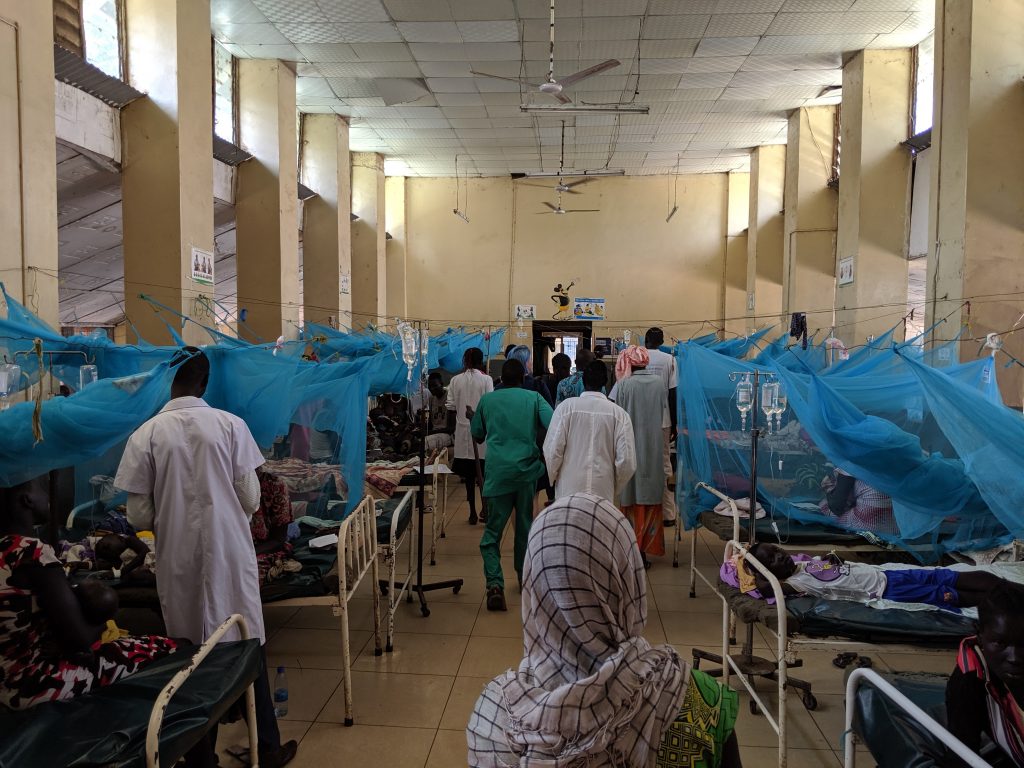
The TRUST Project is a five-year, $8.5 million Global Affairs Canada–funded initiative led by the Canadian Association of Midwives (CAM), in partnership with the Association of Malawian Midwives (AMAMI), the South Sudan Nurses and Midwives Association (SSNAMA), and the National Council of Indigenous Midwives (NCIM). TRUST empowers midwives, strengthens women’s health organizations, and advances sexual and reproductive health and rights (SRHR) through training, advocacy, and inclusive, climate-just approaches.
Designed to address persistently high maternal and neonatal mortality, gender inequality, and systemic barriers faced by marginalized groups—including women with disabilities, Internally Displaced Persons (IDPs), and minority ethnic communities—TRUST focuses on improving midwifery education, expanding equitable access to care, and amplifying women’s voices in policy reform.
Over the life of the project, TRUST will strengthen more than 650 midwives, ensure skilled, respectful maternal care for over 108,000 pregnant women annually, and indirectly benefit more than 1.5 million family members.
Project Goals
- Enhance Access and Quality of SRHR Services by equipping midwives to deliver confident, competent, and gender-responsive care rooted in rights-based approaches.
- Strengthen Midwifery Leadership by empowering associations and WHROs to lead health systems reform, policy advocacy, and professional development.
- Foster Community Accountability through grassroots outreach, inclusive engagement, and social accountability tools such as community scorecards.
- Advance Intersectional Justice by integrating Indigenous rights and climate justice into SRHR advocacy through transnational feminist collaboration.
- Strengthen Cooperation among local, national, and international actors to share knowledge, amplify impact, and sustain SRHR gains.
Project Reach
- 550 midwives trained and mentored (300 in Malawi; 260 in South Sudan) to deliver 87% of essential SRHR services, building a resilient health workforce.
- 108,000+ pregnant women will receive skilled, respectful, and rights-based maternal care in targeted regions.
- 392 midwifery association leaders strengthened to advocate for policy reform, gender equity, and climate-just health systems.
- 66 mentors oriented (40 in Malawi; 26 in South Sudan) to deliver sustainable, peer-led professional development.
- 200 community scorecard leaders trained in South Sudan to hold health systems accountable to women and girls.
- 1.5 million+ family members of pregnant women indirectly benefit each year from improved maternal and newborn care.
- 72 Malawian and 24 South Sudanese health professionals trained in operational research to sustain evidence-based policy change.
- 324 SRHR-focused radio programs in Malawi and 60 in South Sudan will challenge harmful norms and share accurate health information in local languages.
Partners
Lead: Canadian Association of Midwives (CAM)
Association of Malawian Midwives (AMAMI)
South Sudan Nurses and Midwives Association (SSNAMA)
Association of Gynecologists and Obstetricians of South Sudan
MicroResearch International, University of Guelph’s Institute of Development Studies.
National Council of Indigenous Midwives (NCIM)
Total Project Budget
8.5 million CAD